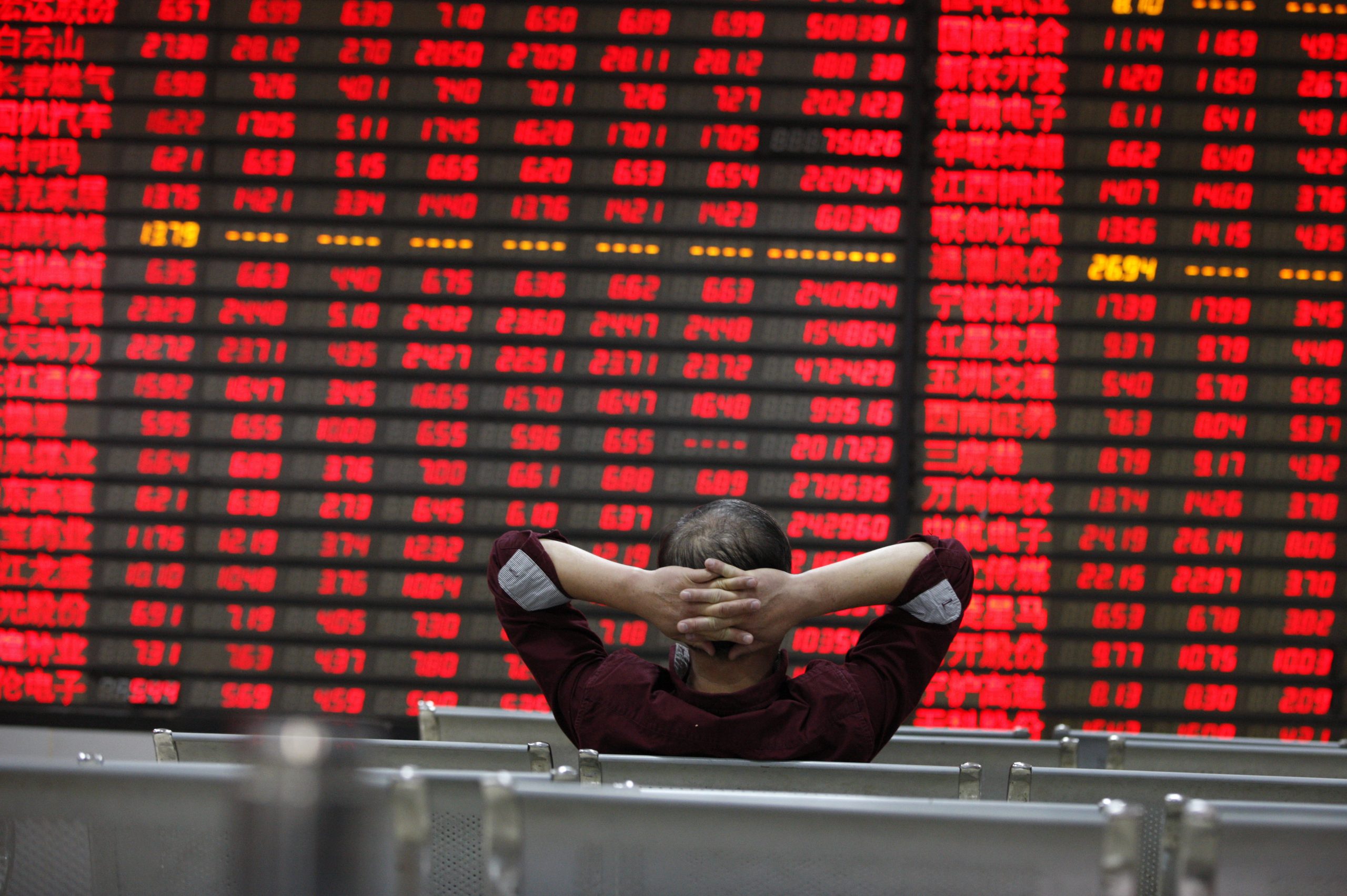Tensions between India and Pakistan have escalated following a devastating terrorist attack in Jammu and Kashmir’s Pahalgam region on April 22, 2023. As diplomatic relations sour, the repercussions are being felt in the financial markets of Pakistan. The KSE-100 index, a key indicator of the Pakistani stock market, plummeted nearly 8,000 points or 6.09% during the last week of April. However, on May 2, there was a slight recovery after days of significant losses.
A Chaotic April for the Pakistan Stock Exchange
The end of April proved disastrous for the Pakistan Stock Exchange (PSX). On April 30, the KSE-100 index experienced a dramatic drop of 3.09%, losing 3,545 points and finishing at 111,326.57. Major companies, including LUCK, ENGROH, and UBL, significantly contributed to this downturn, collectively dragging the index down by over 1,132 points.
- Key losses on April 30:
- KSE-100 index fell by 3.09%
- Major companies contributed heavily to the decline
A Brief Glimmer of Hope on May 2
Following this turbulent period, May 2 brought a momentary resurgence in the market. The KSE-100 index rebounded by 2,179.80 points or 1.96%, closing at 113,506.38. Despite this uptick, analysts caution that this may only be a temporary recovery, often referred to as a "dead-cat bounce," unless diplomatic tensions between the two nations ease.
The Triggering Incident: Pahalgam Attack
The decline in the stock market closely aligns with the tragic events of April 22, when a terrorist attack in Pahalgam claimed the lives of 26 tourists, including one from Nepal. In response, India swiftly implemented a series of stringent measures:
- Suspended the Indus Waters Treaty, impacting water-sharing agreements.
- Closed the Attari-Wagah border, ceasing overland trade.
- Expelled military attaches from the Pakistani High Commission in India.
- Revoked visas and halted visa issuance for Pakistani nationals.
Pakistan’s Countermeasures
In retaliation, Pakistan took significant steps, including the suspension of the 1972 Shimla Agreement and closing its airspace to Indian flights. Moreover, Pakistan enhanced its military presence along the Line of Control, leading to increased skirmishes across the border.
As the situation evolves, both nations are poised on a precarious edge, and the implications for the markets and regional stability remain uncertain. Investors and analysts will be closely monitoring developments, as the intersection of politics and economics continues to shape the landscape in South Asia.
For more insights on market trends and economic forecasts, stay tuned.











